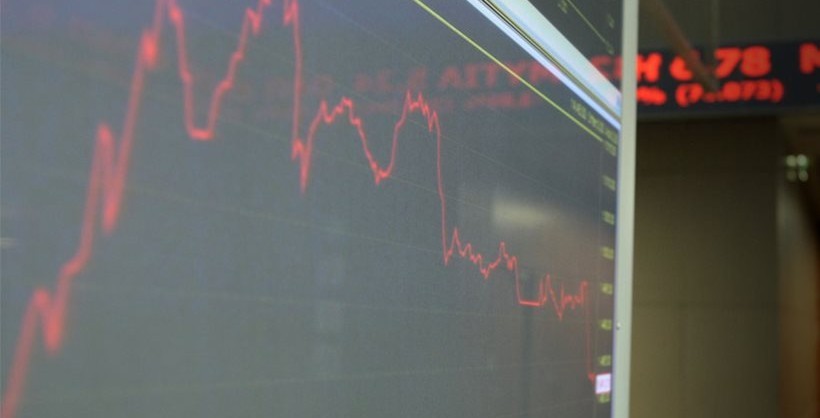The Greek market is reentering the sidelines of the market, since political uncertainty has increased reflexes of foreign investors, especially those investing in bonds. The upward trend in government bond yields in the second market continues despite the ASE reaction, pushing three-year bond yields to 11%. Something which shows that, within the equation of Greek risk, investors still add the possibility of a stoppage of payments and social turbulence.
The performance of three-year bonds issued last July, as a second attempt to return to the markets, has increased over 450 base points, far exceeding the yields of longer-term bonds. The price has dropped to 84.255 of their nominal value.
At the same time, the 5 year bond yield has risen to 9.7% after passing the equivalent of the 10 year bond which now moves around 9.2% with its price decreasing to 64.45 of its nominal value.
The 10 year bond yield increased by 200 basis points. It is the largest “movement” it has made since May 2012.
As commented on Bloomberg “the last time the Greek bonds had such a bad week, Greece had just completed the largest debt restructuring that took place in history and the forthcoming elections had heightened fears of exiting the eurozone”.
“People are very concerned” said Mark Ostwald of ADM Investor Services International of London. “Everything is about uncertainty. People do not think that new elections and a SYRIZA win will bring profits, but that the risks are too great”, he added.
The fear of investors is clearly reflected in derivatives which seeks to offset the risk of a possible payments stoppage. This is how the spreads on the CDS of 5 year bonds of both the Greek government and Greek banks, have risen sharply during the past week.
According to Moody’s the CDS spread of said bonds is moving at around 900 basis points, from 717 units in the week prior to the latest political developments.





































